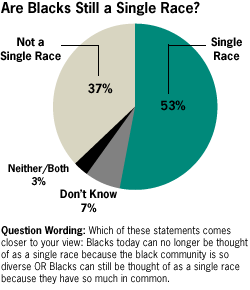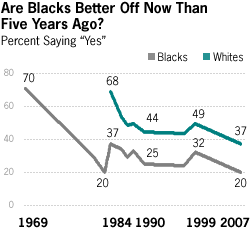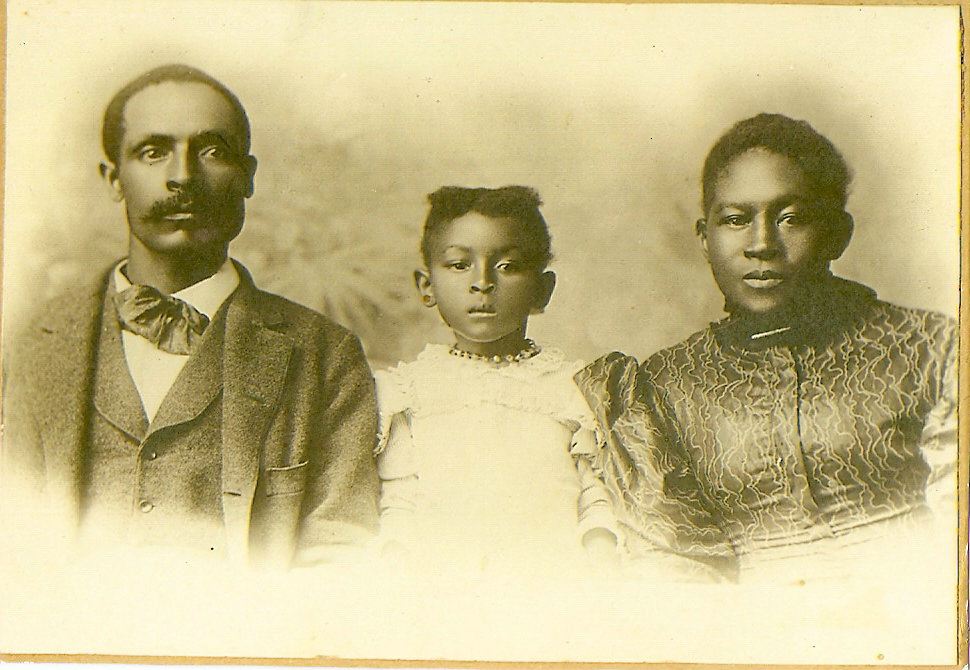Henry Louis Gates Column ’40 acres and a Gap in Wealth’ column hits the mark
 A few weeks ago, Henry Louis Gates authored a column that ran on Opinion Pages -including the New York Times and Dallas Morning News- and websites across the country.
A few weeks ago, Henry Louis Gates authored a column that ran on Opinion Pages -including the New York Times and Dallas Morning News- and websites across the country.
In the column Gates responds to recent survey published by the Pew Research Center. Henry Louis Gates Jr. is a professor at Harvard University and author of the forthcoming book "In Search of Our Roots." Here are some of the key findings from the Pew report.
- …fewer than half of all blacks (44%) say they think life for blacks will get better in the future, down from the 57% who said so in a 1986 survey… a majority of whites (56%) say life for blacks in this country will get better in the future.
- Asked whether blacks can still be thought of as a single race, given the increasing diversity within the black community, 53% of blacks say they can, but 37% of blacks say they cannot.
- "By a ratio of 2 to 1," the report says, "blacks say that the values of poor and middle-class blacks have grown more dissimilar over the past decade. In contrast, most blacks say that the values of blacks and whites have grown more alike."
- A 53% majority of African Americans say that blacks who don't get ahead are mainly responsible for their situation, while just three-in-ten say discrimination is mainly to blame. As recently as the mid-1990s, black opinion on this question tilted in the opposite direction, with a majority of African Americans saying then that discrimination is the main reason for a lack of black progress.
Take a moment to read Gates column here.
A Pew Center recap of their findings here.
And a PDF of the Pew Center's full report here .
Gates column focuses on two main subjects: the class divide among blacks, and the advantages of property ownership. Gates says he has studied the family trees of 20 "successful" African-Americans. He found that "15 of the 20 descend from at least one line of former slaves who managed to obtain property by 1920 – a time when only 25 percent of all African-American families owned property."
I don't know if I count as successful, but I can testify that early property ownership has meant a lot to my maternal family. In 1865, my great-great grandfather Jack Woodard was a 14 year old freed slave in Tennessee that could not read or write. By way of Adairville, Kentucky, Jack Woodard married and moved his family to Fannin County, Texas.
Jack Woodard (L), Annie Belle Woodard (R)
On September 26, 1887, he bought 16 acres of land for "fifty dollars cash in hand"…"$150 with 10% interest" due Jan. 1, 1888, and "$200 with interest" due Dec. 1 1888. The amount as paid in full on July 16th 1892.
There is a reason why the rumored 40 acres and a mule were not given to freed slaves. It's because land ownership would have allowed black folks to rise above the permanent underclass America has always desired for us. And don't let ANYBODY tell you that the U.S. was not in the business of giving away free land. A basic search of "Land Grants" will show that land was given freely to early settlers to encourage the westward migration.
The United States has always asked black folks to overcome overwhelming odds -slavery, the inability to read and write, the destruction of property by whites- while calling Early Americans working free land "pulling ourselves up by our own bootstraps." I can only imagine what would have happened had freed slaves been able to participate in the land grant.
Of course we cannot go back and fix the post Civil War travesties perpetuated upon African-Americans, but we can learn from what happened. Americans will never fix what they won't admit, continuing to run from the realities of a Reconstruction Gone Wrong nation. We can also craft solutions that we help alleviate the problems heaped by our government upon its own people. I still have more thoughts on this column that I will get to later.







